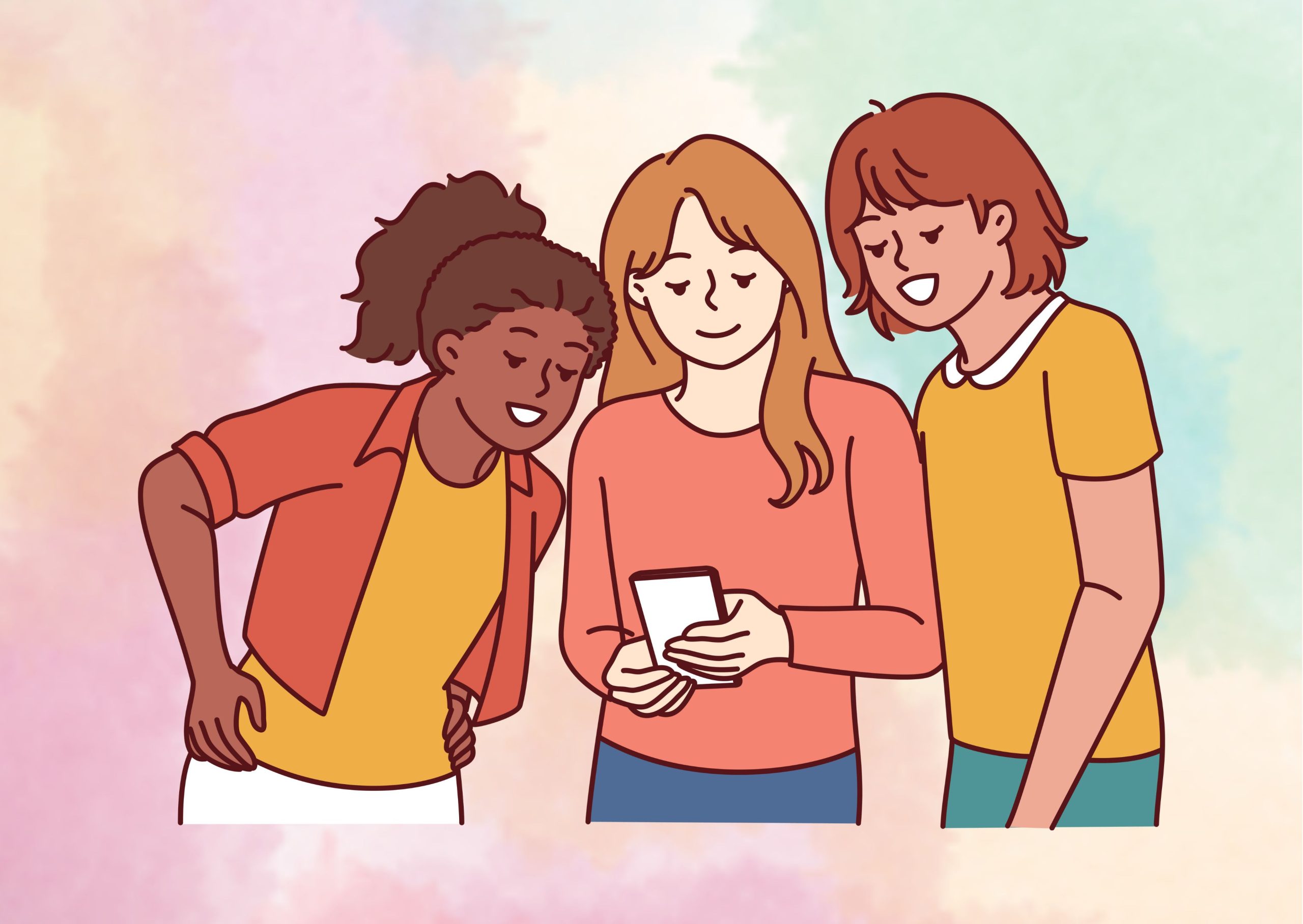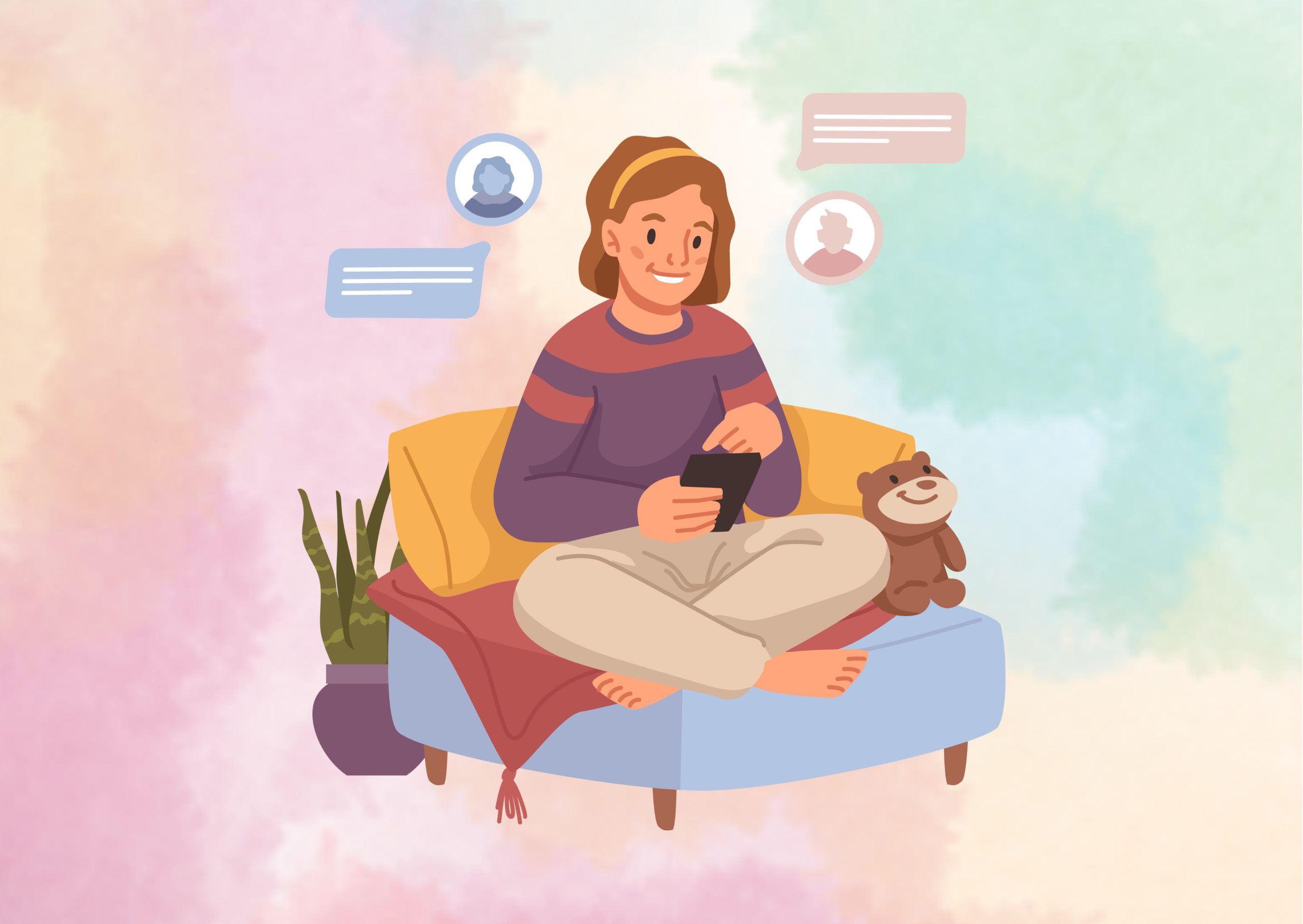Understanding the Effects of Social Media on Self-Esteem
In today’s digital age, social media has become an integral part of our daily lives, shaping how we interact, communicate, and perceive ourselves. The effects of social media on self-esteem have garnered significant attention from researchers and mental health professionals alike. As platforms like Instagram, Facebook, and TikTok continue to grow in popularity, it’s crucial to understand how these online environments influence our self-perception and emotional well-being.
The impact of social media on self-esteem is complex and multifaceted, with both positive and negative consequences to consider. This article delves into the various ways social media affects self-confidence, body image, and overall self-worth. It explores the potential links between excessive social media use and mental health issues such as anxiety and depression, particularly among adolescents. Additionally, the piece examines strategies to promote healthy social media habits and maintain a balanced digital lifestyle.
The Rise of Social Media and Its Impact on Self-Esteem
The rapid growth of social media platforms has revolutionized how people connect, communicate, and perceive themselves. As these online environments continue to evolve, their influence on self-esteem has become a subject of increasing concern, particularly among adolescents and young adults.
Defining self-esteem
Self-esteem refers to an individual’s confidence in their own worth, abilities, and morals. It encompasses beliefs about oneself, such as “I am loved” or “I am worthy,” as well as emotional states like triumph, despair, pride, and shame. Psychologists generally view self-esteem as an enduring personality trait, although short-term variations can occur.
High self-esteem has been associated with positive outcomes, including academic achievement, relationship satisfaction, and happiness. Conversely, low self-esteem can lead to anxiety, loneliness, and increased vulnerability to substance abuse.
How social media affects self-perception
Social media platforms provide users with opportunities to curate their online personas, often presenting idealized versions of their lives. This carefully crafted image can have a significant impact on how individuals perceive themselves and others.
The constant exposure to curated content can lead to unrealistic expectations and negative self-comparisons. Users may feel pressure to present a perfect image, editing photos and crafting posts to elicit positive feedback. This quest for validation through likes, comments, and shares can become a source of stress and anxiety.
For adolescents and young adults, who are in the process of forming their identities, social media can play a crucial role. The feedback received on these platforms can influence their sense of belonging and acceptance, potentially shaping their self-esteem in both positive and negative ways.
The role of social comparison
Social comparison theory suggests that people have an innate tendency to evaluate themselves in relation to others. Social media amplifies this tendency by providing a constant stream of information about others’ lives, achievements, and appearances.
Upward social comparison, where individuals compare themselves to those they perceive as better off, is particularly prevalent on social media. This type of comparison can have a detrimental effect on self-esteem, leading to feelings of inadequacy and dissatisfaction with one’s own life.
Studies have shown that heavy social media users are more likely to engage in negative social comparisons, which can contribute to depression, anxiety, and poor body image. The fear of missing out (FOMO) is another phenomenon associated with social media use that can negatively impact self-esteem.
It’s important to note that the effects of social media on self-esteem are not uniformly negative. Some research suggests that viewing one’s own social media profile can lead to increased self-esteem, as it often portrays a positive self-image. Additionally, social media can provide opportunities for self-expression, connection, and support, which can have positive effects on self-esteem.
Suggestion for read: The Impact of Social Media on Eating Disorders
Negative Effects of Social Media on Self-Esteem
Social media has a significant impact on self-esteem, particularly among adolescents and young adults. The constant exposure to curated content and idealized images can lead to negative consequences for mental health and self-perception.
Unrealistic standards and idealized images
Social media platforms contribute to the propagation of unrealistic beauty standards, which can have detrimental effects on individuals’ mental health and self-esteem. Users are bombarded with images that often do not reflect the diversity of human experience, leading to feelings of inadequacy and self-doubt as they strive to measure up to unattainable beauty standards.

